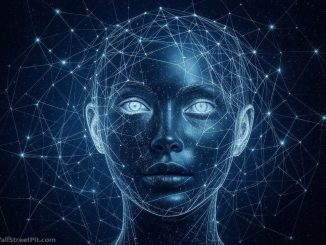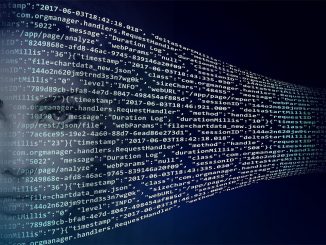Stanford's Erik Brynjolfsson predicts that within 5 years, AI will be so advanced that we will think of human intelligence as a narrow kind of intelligence and AI will transform the economy pic.twitter.com/Ezg8XHdGvB
— Tsarathustra (@tsarnick) October 6, 2024
In a bold prediction, Stanford University’s Erik Brynjolfsson has stated that within the next five years, artificial intelligence (AI) will advance to such a degree that it will fundamentally change our perception of intelligence itself.
Brynjolfsson, a renowned economist and expert in the field of technology’s impact on business and the economy, suggests that this shift will lead us to view human intelligence as just a narrow subset of a much broader spectrum of cognitive capabilities.
Redefining General Intelligence
Brynjolfsson challenges the current understanding of Artificial General Intelligence (AGI), which is often compared to human-level cognition. He argues that this comparison is flawed and limiting. “My prediction… is within five years, people are going to think of human intelligence as a very narrow kind of intelligence,” Brynjolfsson stated. He envisions a future where human intelligence is seen as specialized and limited compared to the vast capabilities of AI systems.
The Limitations of Human Intelligence
In this predicted future, human cognitive abilities may be viewed as highly specific and constrained. Brynjolfsson illustrates this point by highlighting tasks that humans struggle with, such as multiplying large matrices or understanding ultrasonic frequencies. These limitations, he suggests, will become more apparent as AI capabilities continue to expand beyond human performance in various domains.
Introducing ‘Transformative AI’
Brynjolfsson introduces the concept of “transformative AI” to describe the economic impact of these advancements. Rather than focusing on the philosophical debates surrounding machine consciousness or intelligence, he emphasizes the practical implications of AI technology. “What I care about is it changing the economy,” he explains.
Economic Transformation
According to Brynjolfsson, transformative AI will revolutionize “almost every job, almost every task, almost every process, almost every company.” This wholesale transformation of the economy suggests a future where AI is not just a tool but a fundamental force reshaping how we work, produce, and create value.
The Five-Year Timeline
Perhaps most striking is Brynjolfsson’s timeline. He confidently asserts that this shift in perception and economic reality will occur within the next five years. This rapid timeframe underscores the accelerating pace of AI development and its potential for swift, far-reaching impacts.
Implications and Challenges
While Brynjolfsson’s prediction is exciting, it also raises important questions about the future of work, education, and social structures. If human intelligence is indeed redefined as a narrow subset of broader cognitive possibilities, how will this affect our social and economic systems? How will we need to adapt our educational approaches to prepare for this AI-driven future?
As we stand on the brink of this potential paradigm shift, Brynjolfsson’s words serve as both a challenge and a call to action. They invite us to reconsider our understanding of intelligence and to prepare for a future where AI may not just augment human capabilities but fundamentally redefine them.
- Bulenox: Get 45% to 91% OFF ... Use Discount Code: UNO
- Risk Our Money Not Yours | Get 50% to 90% OFF ... Use Discount Code: MMBVBKSM
Disclaimer: This page contains affiliate links. If you choose to make a purchase after clicking a link, we may receive a commission at no additional cost to you. Thank you for your support!




Leave a Reply